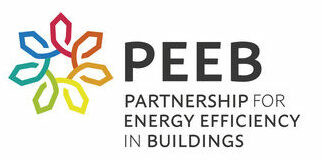The IEA 10th Annual Global Energy Efficiency Conference gathered 700 participants from 100 countries in Brussels on 12 and 13 June for one common goal: scaling action to double the rate of annual global energy efficiency improvements by 2030. PEEB was present to share know-how on implementing the strong policies and unlocking the finance needed to reach this goal.
Learning by doing to face the world’s current challenges
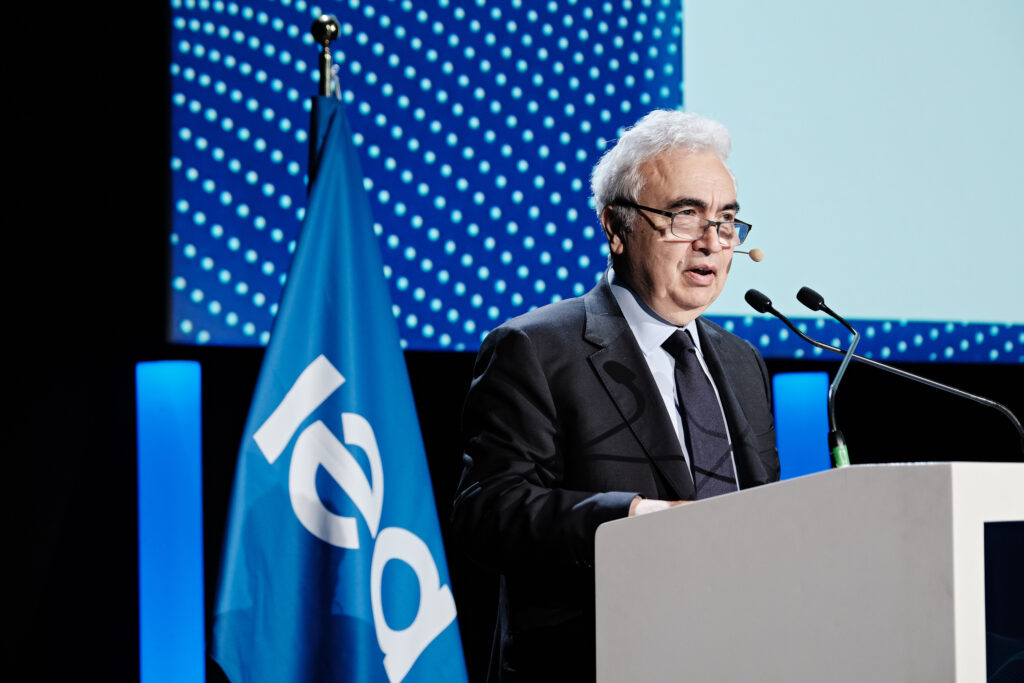
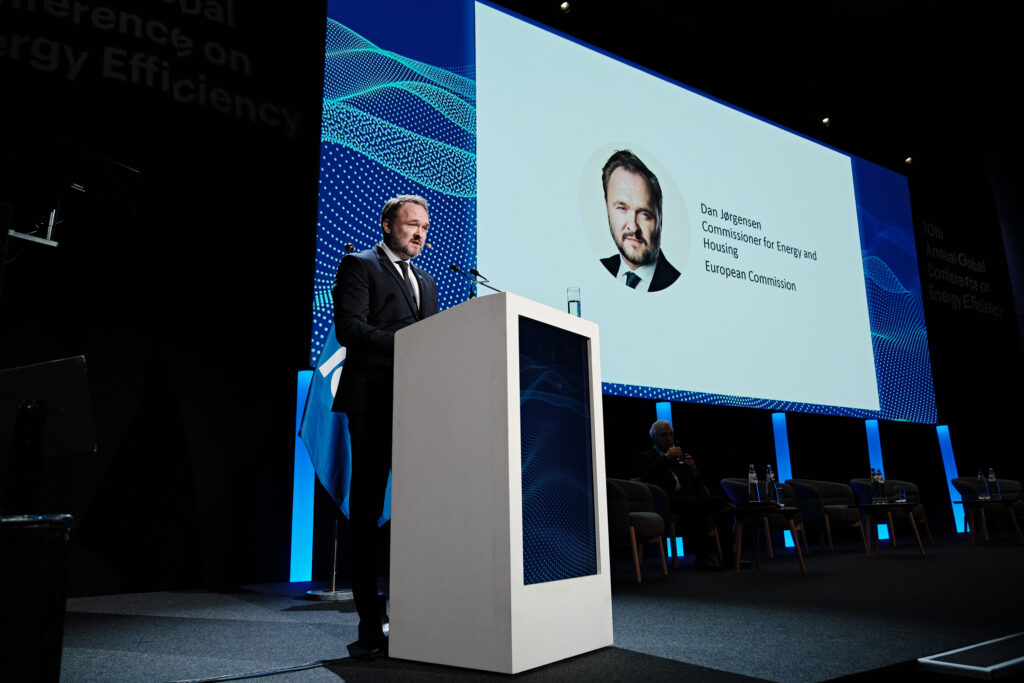
Energy efficiency has a crucial role to play in facing the world’s current challenges. In a world hit by fuel price spikes and rising energy demand for cooling, efficiency means affordable energy to make businesses competitive and ensure that people around the world live in comfortable temperatures, as IEA’s Executive Director Fatih Birol highlighted during the opening session.
Yet, the enormous potential benefits of energy efficiency globally remain largely untapped. This is also true for the buildings sector. Accounting for one third of global energy demand, it offers large and long-lasting climate mitigation impact potential. While the technologies to boost efficiency already exist, stalling investment is keeping the world far behind the goal of raising annual efficiency improvements to 4%, adopted at COP28.
International collaboration is essential for effective action. As Mr. Birol pointed out, energy efficiency requires learning by doing, and countries sharing and replicating best practices have a huge catalytic potential. The importance of cooperation was also underlined by Dan Jørgensen, the Commissioner for Energy and Housing of the European Commission. He announced the EU’s commitment of EUR 300 million for infrastructure via the Global Gateway initiative.
Partnering for a people-centred energy future
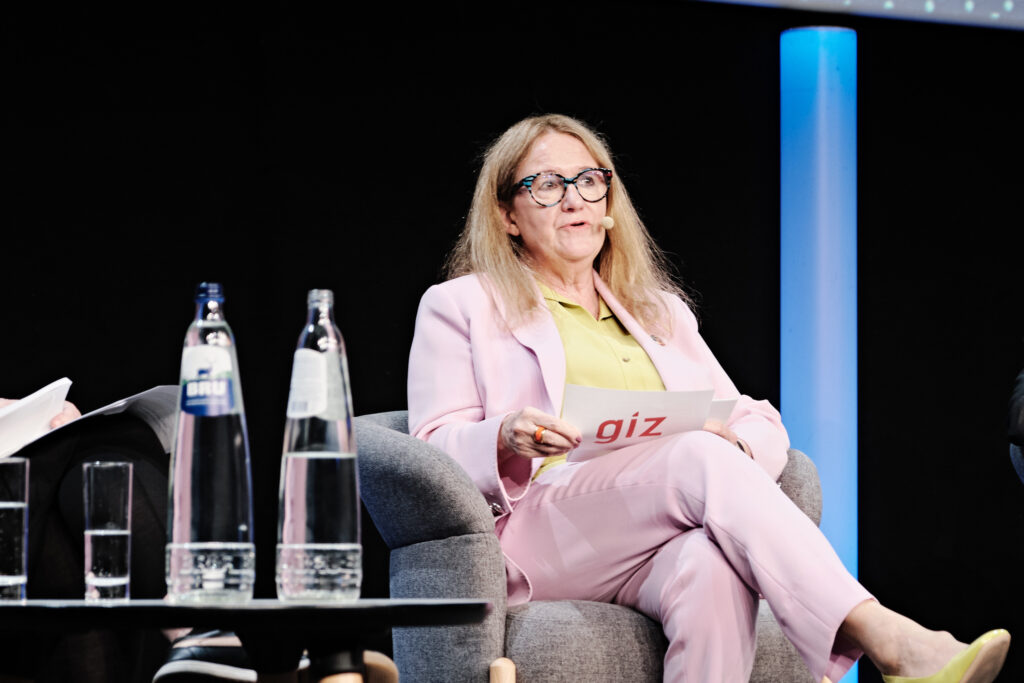
Ingrid-Gabriela Hoven, GIZ Managing Director, brought in the perspective of international cooperation to the high-level panel “Investment, Competitiveness, and jobs” on Thursday 12 June. During her intervention, Ms. Hoven pointed out that only 15% of energy efficiency investments reaches the countries representing two thirds of the global population.
International Cooperation partnerships and platforms are essential to change this situation. These platforms gather stakeholders to tackle context and sector-specific barriers to investment, directing existing public finance, and catalysing private finance for energy efficiency. Their impact, however, is not limited to that: they also engage society in a vision of what a people-centred, efficiency future economy can be.
Buildings should be an investment priority in this vision, she emphasized. Investment in a sustainable built environment is indispensable to safeguard the increasingly urbanised population of emerging economies against energy poverty and extreme heat.
From vision to action: policy solutions for energy efficiency in buildings
Concrete solutions for turning vision into action were discussed in the thematic session co-organized by PEEB “Energy Efficiency for Affordable Homes and Workplaces”. 19 speakers coming from the business, public, and technology sector gathered for an exchange on best practices, new technologies and their potential for replication.
Participants highlighted the importance of innovation to enable implementation. Innovation is the foundation not only of new technologies, but also people-centred policy solutions that deliver affordable energy through energy efficiency.
Liliana Campos Arriaga (PEEB/GIZ Mexico) presented a powerful example of innovative, people-centred financial solutions. Thanks to the Vivienda DKTI project, 29,500 people gained access to better housing and lower energy bills. The project’s financial offer for energy efficient renovations, tailored for families’ needs and financial capacities, enabled more than 7,300 households to achieve energy savings of up to 83% and slash their cooling energy demand by 30%.
Unlocking impact: tools to drive energy efficiency
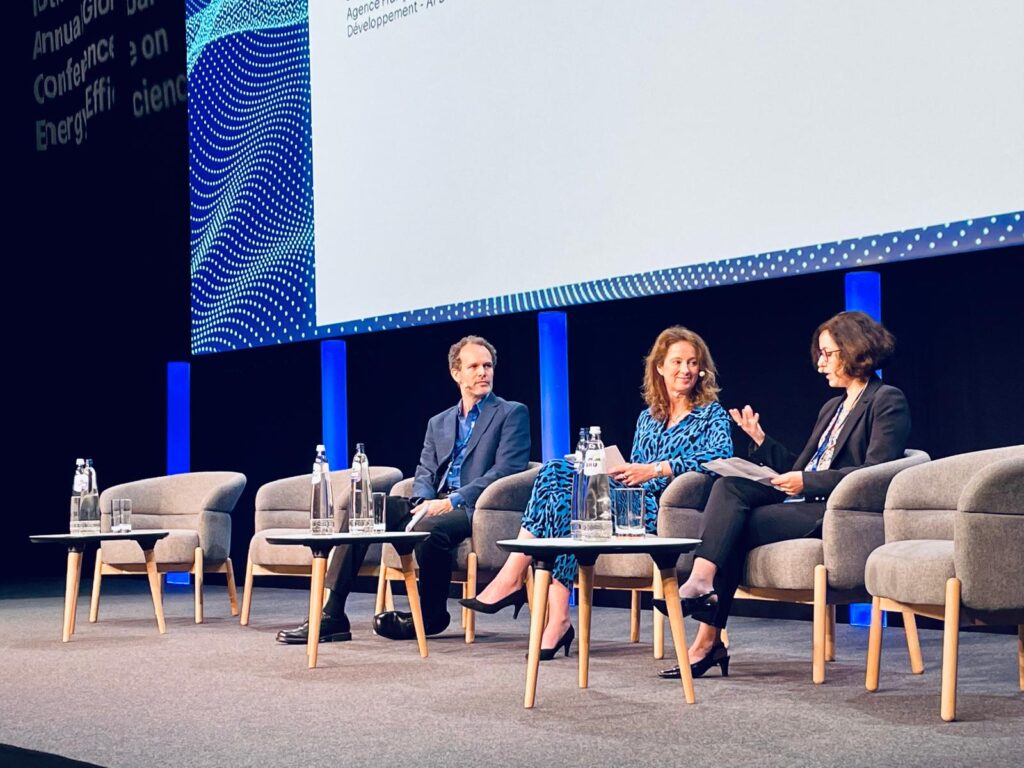
At the “Future-proofing appliance policy” thematic panel, Manelle Ait Sahlia, Deputy Director of AFD’s Energy Division, highlighted how policy-based loans (PBLs) can be powerful tools to fund and scale energy efficiency policies.
By tying budgetary support to the adoption of specific reforms—such as minimum energy performance standards (MEPS) for appliances or frameworks for inter-ministerial coordination—PBLs drive structural change. They also support long-term capacity building, foster national ownership, and help embed energy efficiency into broader planning processes.
With strong leverage through the combination of financing and technical assistance, this approach pairs AFD’s PBLs with support from the Partnership for Energy Efficiency in Buildings (PEEB), which delivers tailored technical expertise for policy design and implementation. As Mrs. Manelle emphasized, “demand-side policies are not optional—they are essential to achieving energy security, climate goals, and a just transition”.
Paving the road to Belém
PEEB is a global leader in turning vision into implementation for an energy-efficient and prosperous world. In its years of operation, the Franco-German partnership has mobilised EUR 2.2 billion in energy efficiency investments in 21 countries.
On the run-up to COP30, the Partnership will continue to support the COP28 goal of doubling energy efficiency improvements annually until 2030. PEEB mobilises public funds for energy efficiency, thanks to funding by the German International Climate Initiative, AFD and FFEM and a co-financing by the Green Climate Fund and the European Commission. PEEB is also developing cutting-edge knowledge on innovative financial mechanisms, including Article 6 for buildings, via implementing agency GIZ.
At COP30, PEEB will share results of its Article 6 work, sponsor GlobalABC’s Buildings Pavillion, and much more.
Follow PEEB channels to know more about our work and stay up to date with global progress on buildings and energy efficiency on the road to COP30.
